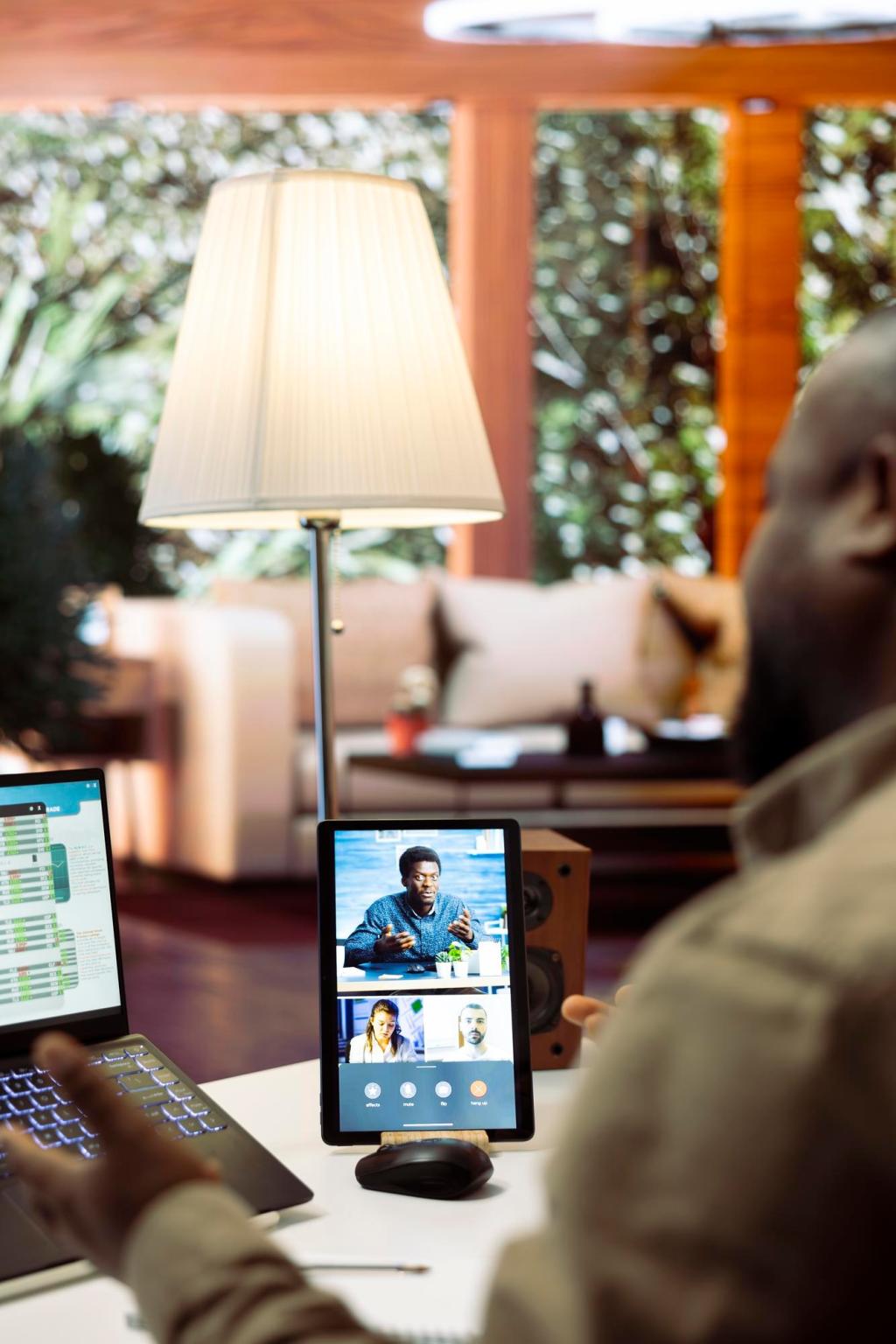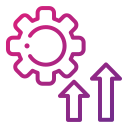Mastering Effective Remote Team Collaboration Techniques
Chosen theme: Effective Remote Team Collaboration Techniques. Welcome to your friendly hub for building trust, clarity, and momentum across time zones. Expect stories, practical frameworks, and rituals you can apply today. Subscribe, share your wins, and help shape our next deep dive.

Write Decisions, Not Endless Threads
Summarize context, options, trade-offs, and a clear owner. Tag stakeholders and set a decision deadline. Close the loop with a concise decision note. Comment if your team uses a different template that keeps momentum strong.
Choose Design Docs Over Meetings
Instead of scheduling another call, draft a structured proposal with risks, metrics, and alternatives. Invite async comments for twenty-four hours, then decide. Readers, tell us how your team balances speed with thorough review.
Status Updates That Prevent Interruptions
Adopt brief weekly updates: goals, progress, risks, and asks. Pin them in a shared channel or project board. This lowers pings and helps leaders give support quickly. Subscribe for templates you can copy into your workspace.

Publish agendas with expected outcomes, assign timekeeper and decision owner, and end with action items. Skip status reading; discuss blockers instead. Share your meeting transformations and we will feature standout practices next week.

Short standups align priorities, demos celebrate craft, and retros fix process debt. One team cut incident time by half after a retro revealed unclear on-call ownership. Comment your favorite ritual and why it works remotely.

Use structured rounds, chat prompts, and silent brainstorming before discussion. Screen-share notes so decisions are visible. Invite pass or plus-one reactions to speed convergence. Subscribe for a facilitation cheatsheet designed for remote rooms.
Tools and Workflows That Reduce Friction
One Source of Truth
Adopt a living wiki and a single project board where tasks, owners, and deadlines are visible. Link docs, decisions, and metrics. Readers, share your favorite structure and we will compile community-proven patterns.
Automation That Supports Humans
Use bots for reminders, checklists, and handoffs—never to nag. Automate recurring reviews and release notes. Save human energy for creativity and judgment. Tell us which automations actually freed your time, not stole attention.
Accessibility by Default
Enable captions, transcripts, and shared recordings. Summarize key points with timestamps. Design docs with readable contrast and clear headings. Invite feedback from neurodiverse teammates, and subscribe for our accessibility toolkit next issue.
Human Connection Across Screens
Host virtual coffees, theme chats, or hobby clubs. A backend engineer and marketer bonded over baking tips, later pairing seamlessly on a launch. Share your lighthearted rituals that strengthened real teamwork.

Focus, Boundaries, and Sustainable Pace

Design Deep Work Blocks
Encourage calendar holds, batch communication windows, and do-not-disturb norms. Share how you defend focus and we will send a guide to reclaim your best hours without missing critical updates.

Respect Boundaries Across Time Zones
Use scheduled send, document your working hours, and clarify escalation paths. Normalize delayed responses outside core times. Comment with your boundary rituals that made collaboration kinder and more predictable.

Prevent Burnout with Shared Practices
Rotate on-call, track workload signals, and model leaders taking time off. Post-release cooldowns and no-meeting days help teams reset. Subscribe for our burnout early-warning checklist and coaching prompts.

Create an Onboarding Playbook and Buddy System
Document the first two weeks with goals, people to meet, and sample artifacts. Pair newcomers with a buddy. One new hire shipped in week one thanks to a clear map. Share your best onboarding moments.

Make Knowledge Discoverable
Record demos, tag documents, and maintain a glossary of acronyms. Encourage questions in public channels. Readers, subscribe to receive our knowledge architecture checklist and tagging conventions that reduce rediscovery.

Practice Ongoing Skill Sharing
Host lunch-and-learns, rotating lightning talks, and book clubs. Capture takeaways in your wiki. Ask your team which session they want next, and comment topics you would love covered here.
Metrics and Continuous Improvement
Monitor lead time, meeting load, decision latency, and documentation completeness. Pair numbers with pulse surveys. Share your dashboard metrics and we will publish a community benchmark summary.
Join our mailing list
